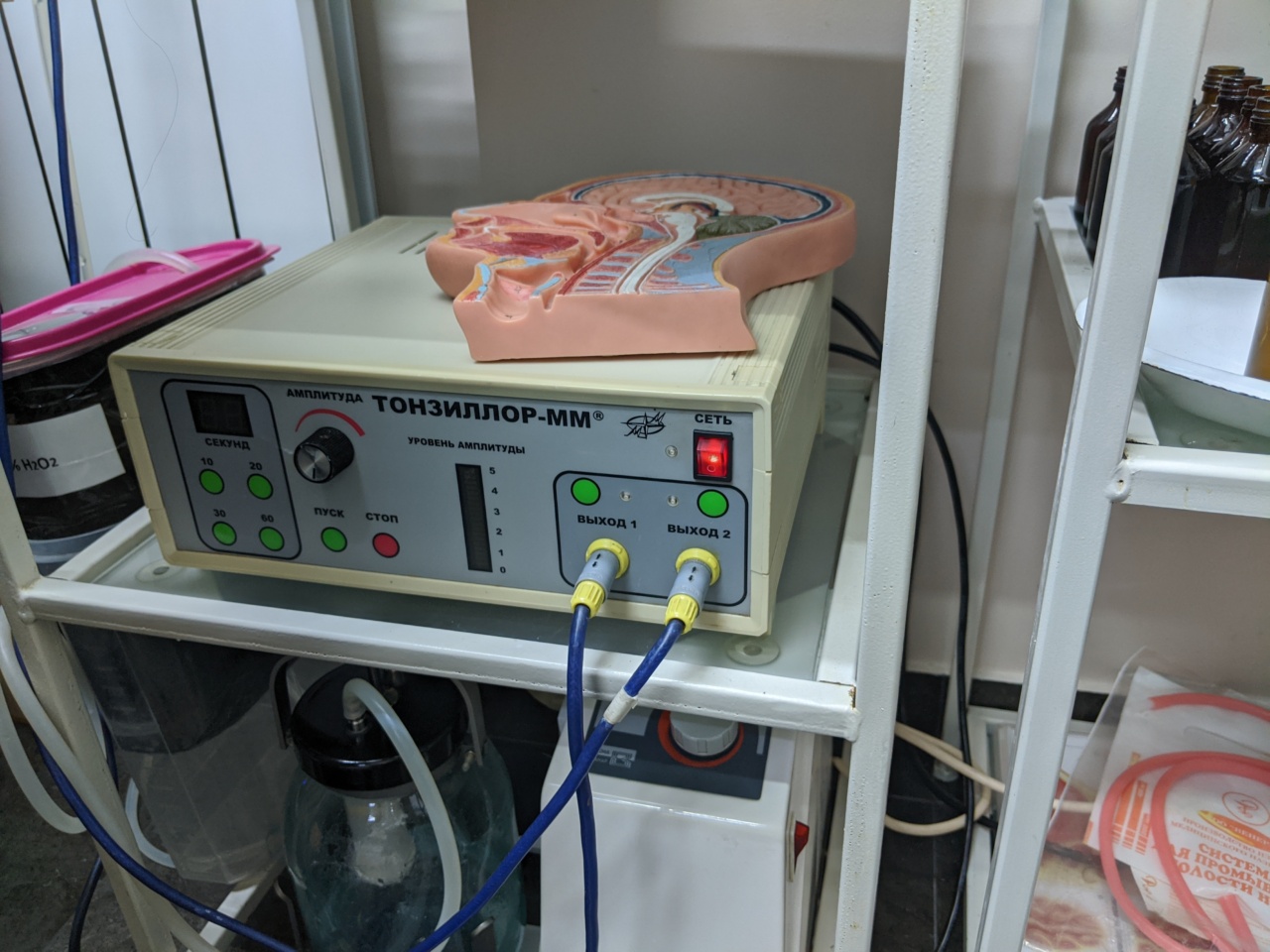Oral sex is a common sexual activity among adults, and it is generally considered safe and enjoyable. However, recent studies have suggested a potential link between oral sex and an increased risk of throat cancer.
This has raised concerns and sparked discussions about the possible connection and how it can impact individuals engaging in this sexual practice. In this article, we explore the research conducted on this topic, risk factors associated with throat cancer, and prevention strategies that can help minimize the potential risks.
Understanding Throat Cancer
Throat cancer refers to the development of malignant tumors in the throat area, including the tonsils, base of the tongue, and the oropharynx.
The most common type of throat cancer is oropharyngeal squamous cell carcinoma (OPSCC), which accounts for a significant proportion of all throat cancer cases.
The Role of Human Papillomavirus (HPV)
Human papillomavirus (HPV), a sexually transmitted infection, has been identified as a significant risk factor for the development of throat cancer.
HPV-related throat cancer affects the back of the throat, specifically the tonsils and the base of the tongue. HPV types 16 and 18, in particular, have been associated with the development of OPSCC.
HPV Transmission and its Link to Throat Cancer
HPV can be transmitted through various sexual activities, including oral sex. When engaging in oral sex with an infected partner, the virus can be transmitted to the oral cavity and infect the oropharynx.
Studies have shown that the prevalence of HPV-related throat cancer has been increasing over the years, particularly among younger individuals who have engaged in oral sex.
Risk Factors for Throat Cancer
While HPV infection is a significant risk factor for throat cancer, it is important to note that not everyone who contracts the virus develops the disease. Other risk factors that can contribute to the development of throat cancer include:.
- Smoking and tobacco use
- Excessive alcohol consumption
- Poor oral hygiene
- Chronic irritation from acid reflux
- Family history of throat cancer
Prevention Strategies
If you are concerned about the potential risks associated with oral sex and throat cancer, there are several prevention strategies you can consider:.
- Safe sexual practices: Proper use of condoms and dental dams during oral sex can reduce the risk of HPV transmission.
- HPV vaccination: The HPV vaccine is highly effective in preventing the transmission of HPV and reducing the risk of HPV-related throat cancer. It is recommended for both males and females, ideally before becoming sexually active.
- Oral hygiene: Maintaining good oral hygiene, including regular brushing and flossing, can help minimize the risk of oral infections.
- Regular screenings: Routine dental check-ups and throat examinations can aid in early detection and prompt treatment of any abnormalities or precancerous lesions.
- Lifestyle changes: Avoiding tobacco use and excessive alcohol consumption can significantly reduce the risk of developing throat cancer.
Recognizing Symptoms and Seeking Medical Advice
It is crucial to be aware of the common symptoms associated with throat cancer and seek medical advice if any concerning signs persist. Common symptoms include:.
- Persistent sore throat
- Difficulty swallowing or persistent throat pain
- Hoarseness or voice changes
- Unexplained weight loss
- Lumps or swelling in the neck
If you experience any of these symptoms, it is essential to consult a healthcare professional for a thorough evaluation and appropriate medical guidance.
Treatment and Prognosis
The treatment options for throat cancer vary depending on the stage and extent of the disease. Treatment may include surgery, radiation therapy, chemotherapy, or a combination of these modalities.
Early detection and prompt initiation of treatment can significantly improve prognosis and increase the chances of successful recovery.
Conclusion
While the potential connection between oral sex and throat cancer exists, it is vital to remember that engaging in this sexual activity does not guarantee the development of cancer.
However, it is crucial to be aware of the potential risks and take appropriate preventive measures, such as safe sexual practices and HPV vaccination. Regular screenings, maintaining good oral hygiene, and promptly seeking medical advice if any concerning symptoms persist are important steps in ensuring early detection and effective treatment.
By understanding the potential risks and adopting preventive strategies, individuals can make informed choices about their sexual health and overall well-being.




























